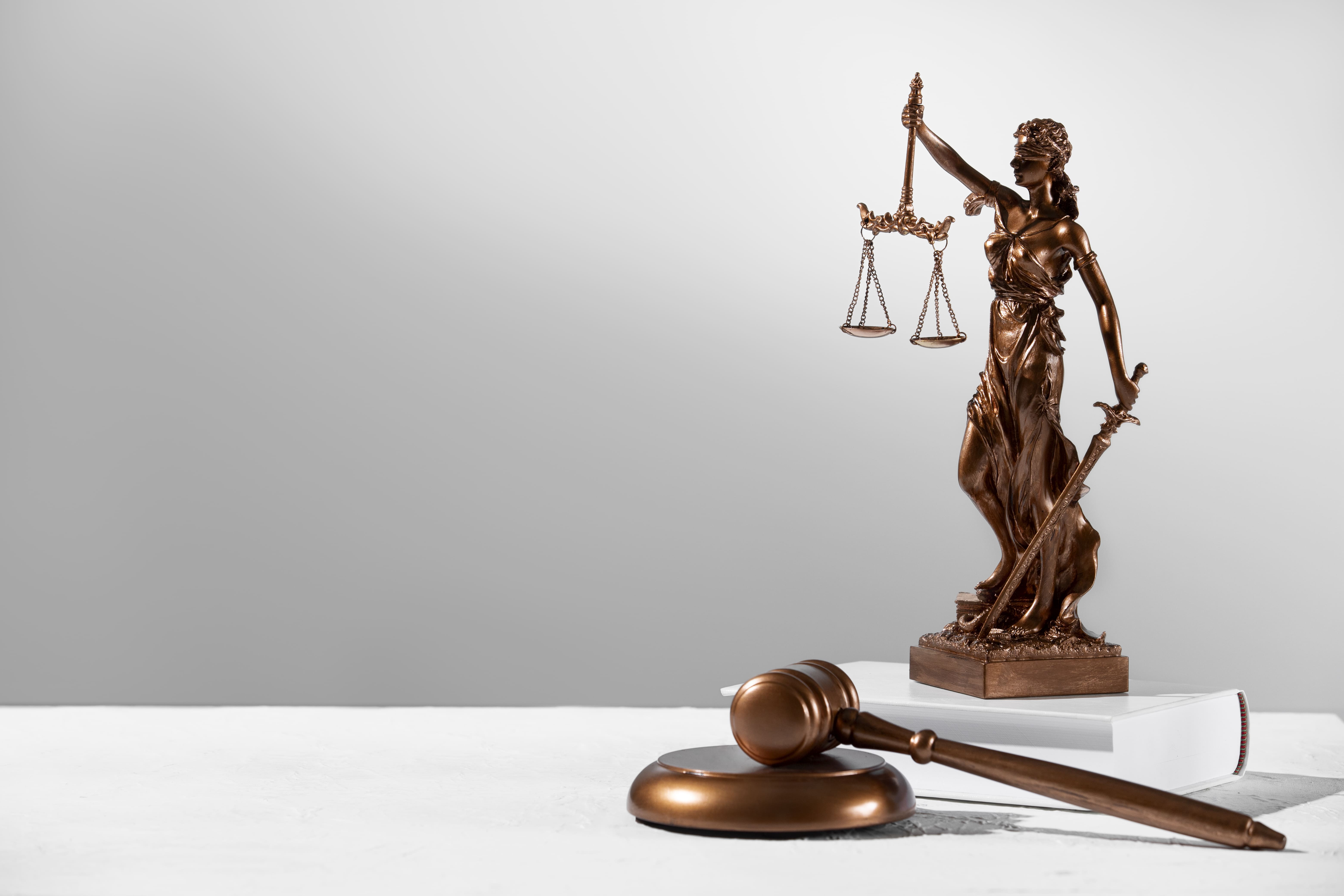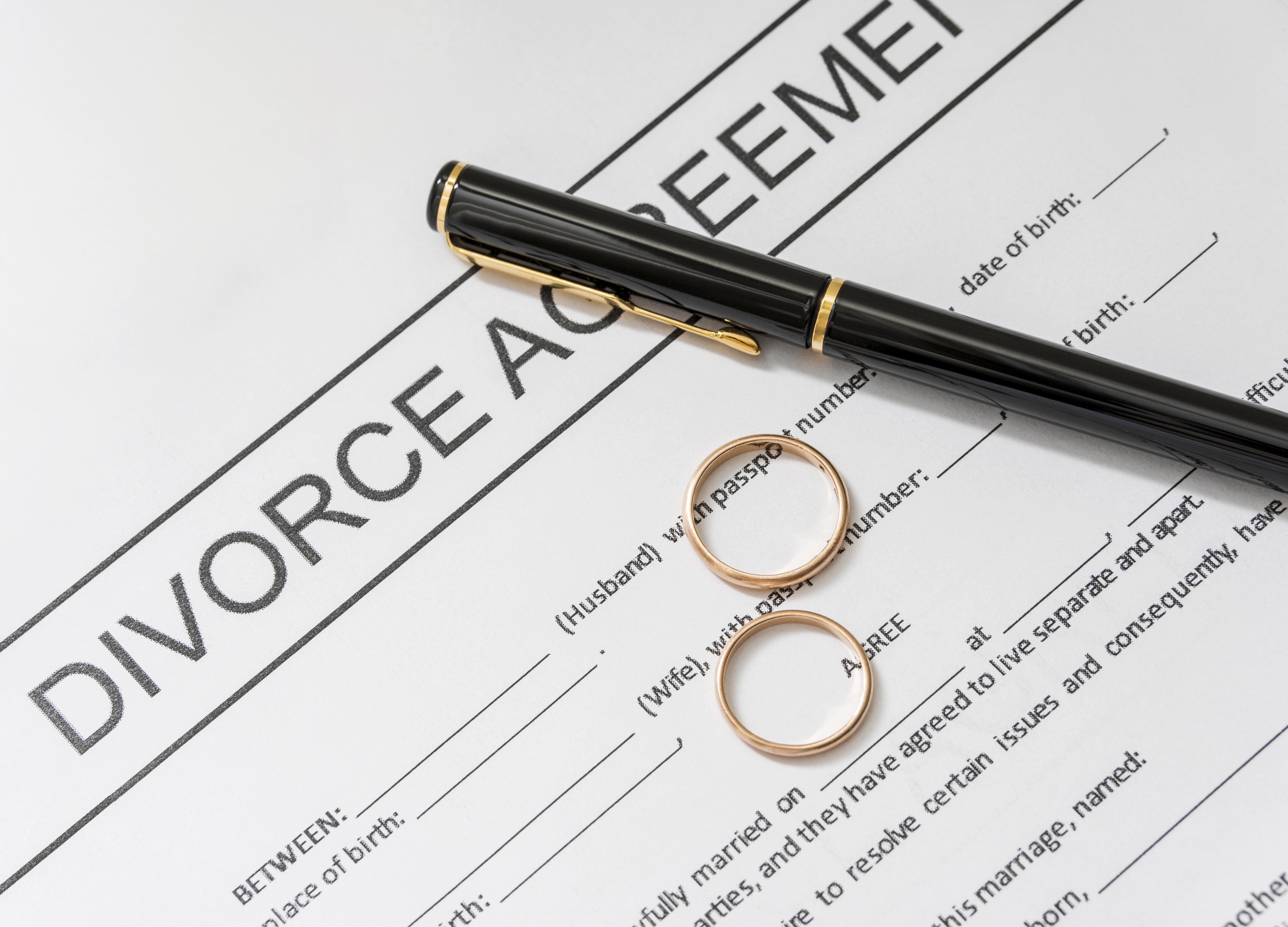
Property Law
Property laws are essential for ensuring stability, order, and fairness in the allocation and utilization of assets. Real property laws govern land and permanent structures, while personal property laws govern movable assets like vehicles, furniture, and equipment.
Co-ownership, eminent domain, and intellectual property laws protect intangible assets like inventions, creative works, and brand names. Property laws vary across countries and may have regional differences.
Real estate transactions often involve property laws, and property disputes may arise due to boundary disputes, landlord-tenant issues, nuisance claims, or disagreements over ownership rights.
Property laws provide a clear framework for individuals and entities to own, use, transfer, and protect their assets.
In conclusion, property laws are vital for promoting economic development, promoting social order, protecting individual rights, and ensuring responsible use and transfer of assets. As societies evolve, property laws adapt to new challenges and technologies










